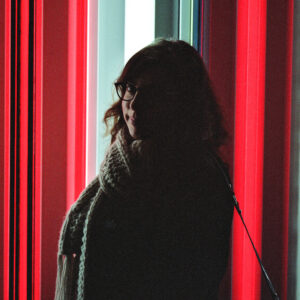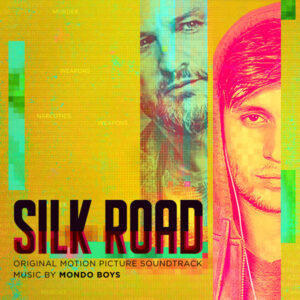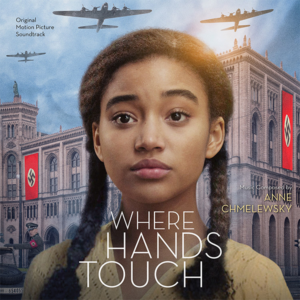
Los Angeles native Laura Katz is the founder of music supervision company Supe Troop, where she specializes in music supervision services for all types of media.
Prior to launching Supe Troop, Katz led Cutting Edge Group’s Los Angeles music supervision services division for feature films, television shows, video games, and other visual media projects, where she oversaw bespoke composition, creative supervision, clearance, licensing, soundtrack album releases, and more.
Katz’s notable film credits include The Grey, That Awkward Moment, Stuck in Love, Chappaquiddick and Big Time Adolescence. She also music supervised the Insomniac Games Xbox One 2014 release, Sunset Overdrive, which earned her a nomination for a Guild of Music Supervisors Award. Her upcoming projects include Stowaway and The Ice Road, and she is currently working on FXX’s television anthology Cake.
Katz collaborates with directors and producers to create opportunities for original songs in films, such as the original end title song from American Chaos, “All I Want,” by Matt Berninger (of The National) & Steph Altman, and “Requiem for a Private War” by Annie Lennox from A Private War, which was nominated for the 2019 Golden Globe Award for Best Original Song, Motion Picture.
We reached out to Katz to discuss music supervision and her latest project, Silk Road, score also out now on Lakeshore Records!
SSM: From Where Hands Touch, which is set in 1944, to Big Time Adolescence, which is current, you have worked on a wide range of films from different time periods. Are there general criteria with which you judge if a song will work for the projects you supervise?
LK: Music supervision is simultaneously very specific and always the same – each project will require certain criteria be met, whether that’s time period or genre or mood or all of the above and more, but all also just need to feel right and accomplish what the director is going for. It’s always a collaborative process, but digging for that right song is the best part!
SSM: What are you best tips to those who are looking to submit tracks for placement?
LK: I honestly think the best thing you can do as an independent artist is link up with a reputable third-party licensing company that already has working relationships with music supervisors and has already proven themselves a trusty resource. Other than that, make sure you know all the details of your music and have them organized – where all the rights lie, what the splits are, samples cleared (if there are any in the first place), etc., because what works creatively isn’t going to be something anyone outside the production knows.
Leave it to the supervisor to find the right music and just make sure you’re there with all the information and ready to seize the opportunity! I would also say make sure you have contact info very available and respond quickly – make it smooth for us to place your music!
SSM: Your latest project, Silk Road, is based on the true story of Ross Ulbrecht and his arrest for creating one of the largest underground black-market websites, the Silk Road. Can you speak about the process of narrowing down the music for the film and what mood you were looking to create?
LK: Tiller Russell, the director, had a clear vision of what he wanted, so we jumped in to find him options that hopefully ticked all the boxes of what he was looking for! There’s quite the variety of musical needs as the film progresses; we worked with Tiller and the film’s editor placing songs and I think we ended up with a great mixture of notable indie artists (like Temples, Liars, and The Rapture) and ones that are more under the radar. Early in the film we have a gem of a soul song called “I’m Sorry I Hurt You” by Nat Phillips that I loved immediately, and that’s an example of one we all agreed on pretty quickly.
SSM: What projects do you have coming up that we should know about?
LK: I’m continuing to work on a television anthology show called Cake on FXX that’s so much fun, and I’m also really excited about a film called The Ice Road starring Liam Neeson, Laurence Fishburne and Amber Midthunder. Another film I music supervised called The Marksman just came out and stars Neeson, as well. The first movie I ever music supervised was Neeson’s The Grey, so it’s a bit of a nice circle there!
Follow Supe Troop on Instagram!
Silk Road Soundtrack Available Now: [Download/Listen]





